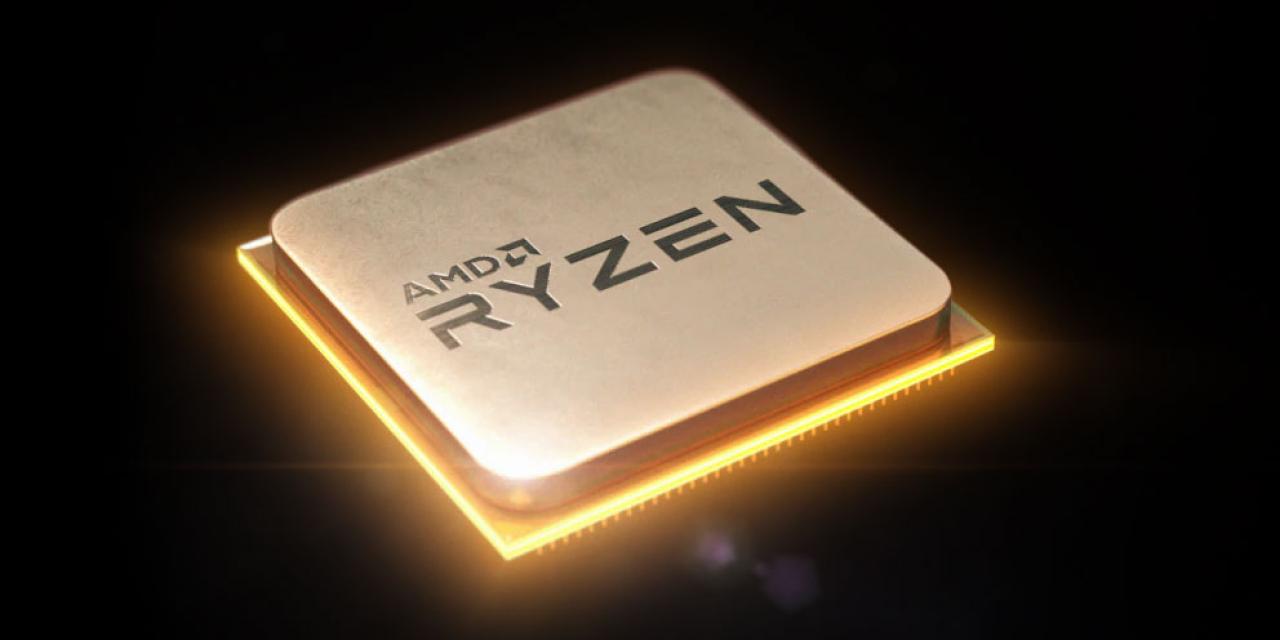
AMD's upcoming Ryzen 3000 generation of Zen 2-based CPUs are one of the most exciting hardware launches of the past few years, with many expecting the new-gen chips to exceed everything AMD has put out before by quite some margin and could even cinch the performance crown from Intel for the first time in nearly a decade and a half. But looking further to the future to AMD's next, next, next-generaiton CPUs, the Zen 4-based Ryzen 5000, expected sometime in 2021, we could see another big gain in overall performance.
The current plan is for Zen 2 to replace Zen+ Ryzen 1000 and 2000 CPUs, with a big uptick in instructions per clock, a boost to clock speed and some additional cores throughout the product stack. Ryzen 4000 will be based on a Zen 3 architecture built upon an enhanced version of the 7nm process. Ryzen 5000, however, with Zen 4, is expected to use a new process, potentially TSMC's new 5nm node.
That node is said to have an increase in transistor density of as much as 80 percent, which could give AMD a lot of different options depending on what it wants to achieve. It could improve energy efficiency dramatically, while retaining similar performance to the Zen 3 generation. It may well opt to do so if Intel isn't much of a performance threat at that point, but as it stands that seems hard to imagine, even with Intel's rocky plan to not get to 10nm on desktops until potentially 2022.
What AMD is likely to do is to shrink its die size to reduce heat output and power requirements, while lifting performance. PCGamesN quotes numbers of around 15 percent performance improvement, with a 45 percent drop in physical die size. That increased density with a big reduction in physical size could mean there is a tonne of thermal headroom for overclocking, which could make Zen 4 an amazingly capable generation and platform for future chip enhancements.








